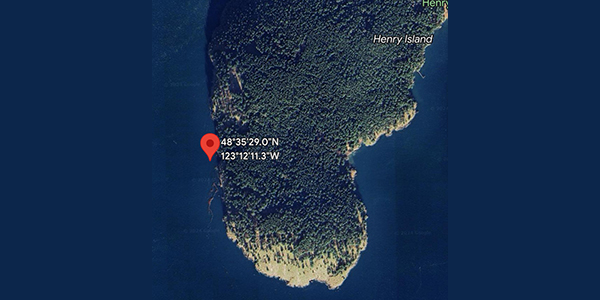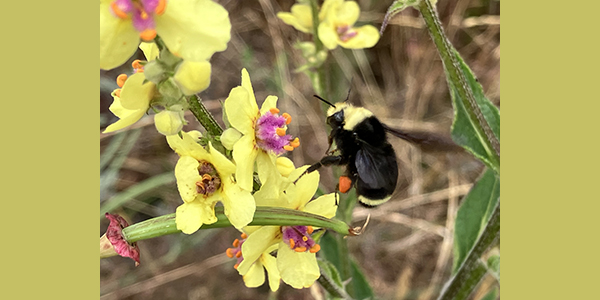— by Matthew Gilbert, Orcas Issues reporter —
The campaign to put a measure on the 2020 county ballot giving “rights” to the Salish Sea, first reported here, continues to evolve and move forward as Lopez-based Community Rights San Juan Islands (CRSJI) engages stakeholders and does its homework. Their determination is buoyed by efforts elsewhere where innovative legal remedies may turn out to be the only tools left to protect the natural world. Among those efforts are two recent initiatives in the U.S.:
- In Minnesota, the White Earth Band of Ojibwe just passed a law protecting the rights of manoomin – a wild rice that is “culturally important and spiritually sacred to Minnesota’s Tribal nations” and is threatened by deteriorating habitat from state and federal mismanagement. The law, titled “Rights of Manoomin,” extends to the wild growing grain “the right to pure water and freshwater habitat, the right to a healthy climate system, and a natural environment free from human-caused global warming impacts and emissions,” as well as other rights. The initiative, which essentially pits tribal law against federal and state law, has not yet been challenged in court.
- In Toledo, Ohio, a group of local residents responded to the 2014 off-shore devastation of Lake Erie from largely human-induced cyanobacteria (blue-green algae) by starting Toledoans for Safe Water. Its mission was to get a Lake Erie Bill of Rights on the ballot, and after a contentious legal battle, the initiative was added to a special election held last February and passed with 61 percent of the vote. It amends the city’s charter to ensure Lake Erie’s right to “exist, flourish, and naturally evolve” and empowers citizens to sue polluters on behalf of the lake. Toledo is the first municipality in the country to enact an ordinance giving rights to a local ecosystem.
Internationally, similar efforts are underway in a growing number of countries. In early 2017, for example, a series of legal precedents were set when three countries granted rights to major rivers. The New Zealand government gave the Whangunui River, the country’s third largest, the full legal rights of personhood as part of a settlement with the local Maori people. India soon followed by giving similar rights to the Ganges and Yamuna rivers. Columbia then gave personhood to the Atrato River. In all cases, the moves were made to protect precious watersheds, relied on by millions both practically and spiritually, from further degradation.
These many efforts are legally ambitious though no more so than this country’s own Citizens United v. FEC, decided in 2010 by the Supreme Court, that essentially recognized corporations as people. Still, when it comes to granting nature rights, as one Indian activist noted, “How this decision pans out in terms of practical reality is very unclear.”
CRSJI is planning a retreat at the end of March where they will update the current draft of the Salish Sea Bill of Rights. In the meantime, the group meets bi-weekly and welcomes anyone to participate, either in person or by phone or via online meeting. They will even pick you up at the ferry! For information, email info@crsji.org. They also have a Facebook page: facebook.com/CommunityRightsSJI.







